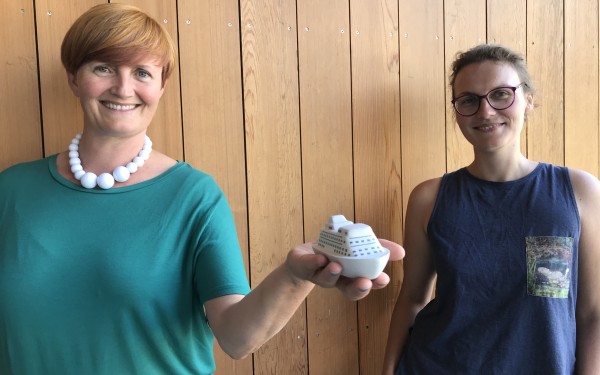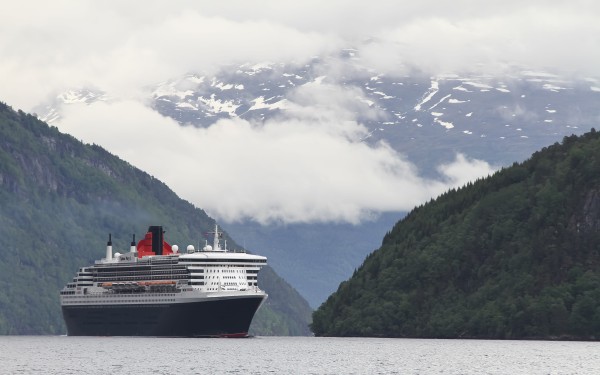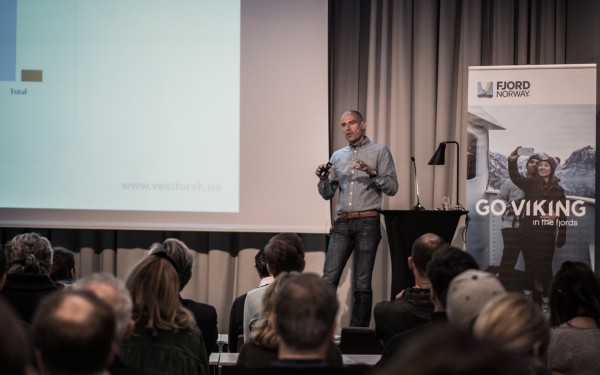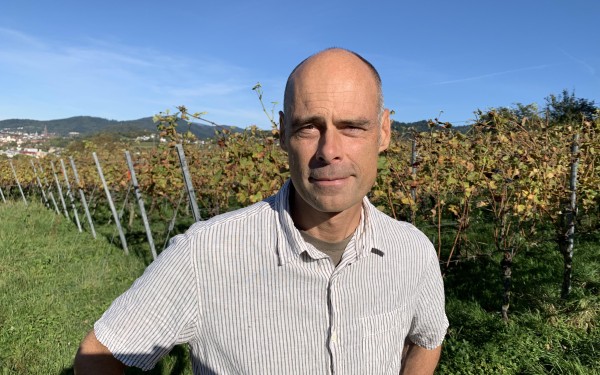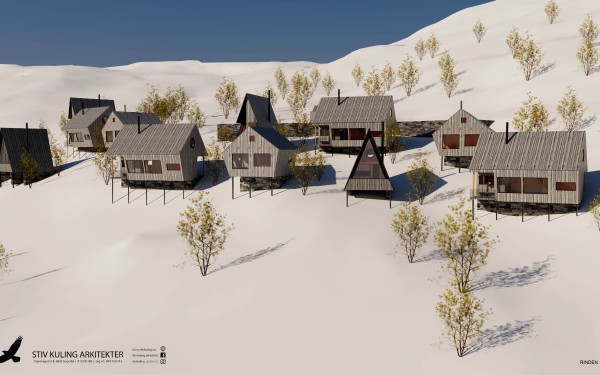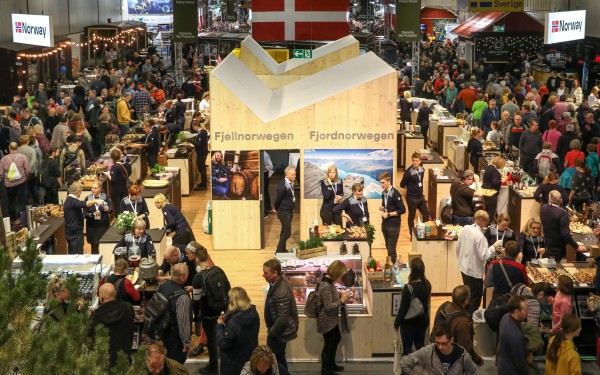Sustainable tourism
Tourism depends on the environment in two contrasting ways: It is at the same time dependent on the natural qualities in its surroundings, such as snow-sure winters and a subsisting cultural landscape, that are under threat for various reasons. The sector also exerts direct and indirect pressure on the same environmental qualities, e.g. through consumption-related carbon emissions. Understanding this dual environmental challenge is important in the sector and the authorities’ effort to develop a framework for the tourism industry.
This area of research encompasses sustainable utilization of outfields, land-use planning, and management for outdoor activities and recreation, which is linked to prioritized parts of adventure tourism.
Vestlandsforsking has access to the foremost international capacities in the realm of tourism and climate change in terms of mapping the extent to which ski resorts in Sogn og Fjordane and elsewhere in Norway are vulnerable to climate change. Our findings will form the basis for discussions of how ski resorts may tackle a future with less snow.





